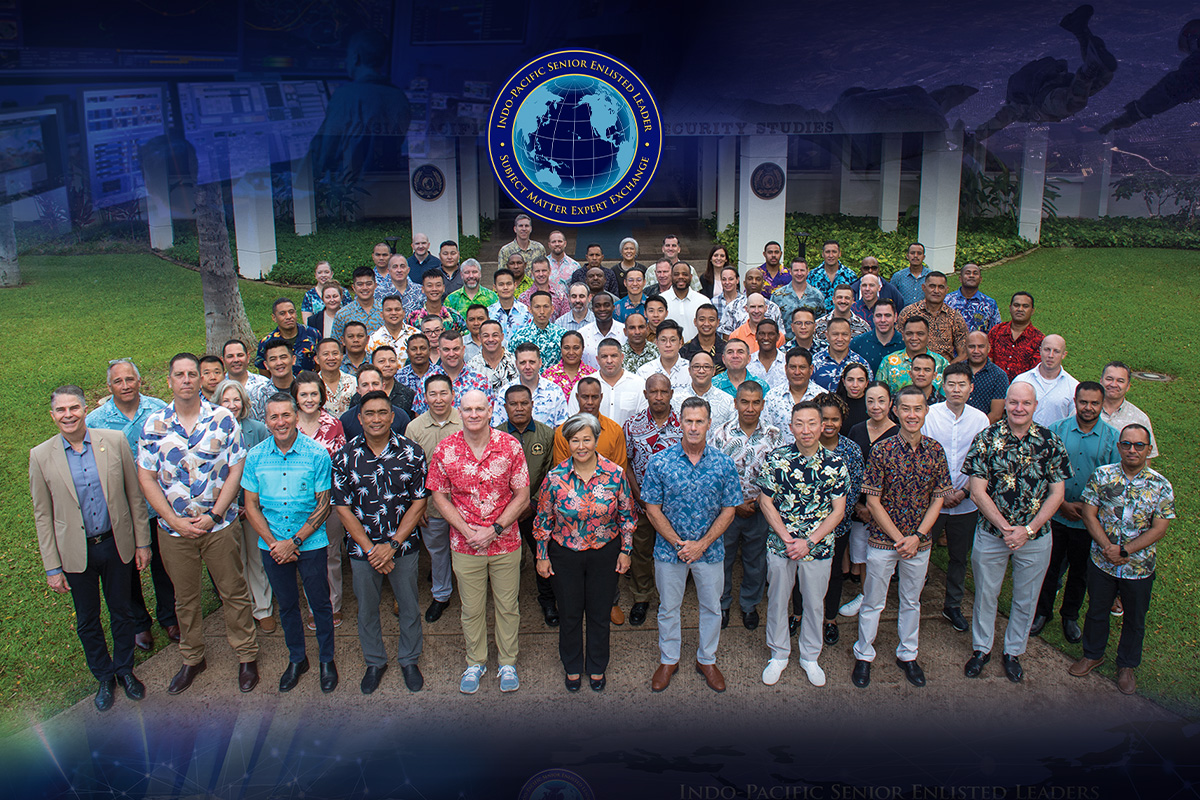A Security Nexus perspective, “Securing the Northern Frontier with a U.S. Arctic Federation,” by Dr. Deon Canyon, argues that the United States must dramatically expand its Arctic presence by forming a U.S.-led federation with key North American territories: Alaska, Greenland, Yukon, Northwest Territories, and Nunavut.
The article outlines how melting sea ice, militarized rival activity, and untapped strategic resources have transformed the Arctic into a high-stakes geopolitical frontier. While Russia and China have made rapid advances—reactivating bases, launching icebreakers, and investing in Arctic infrastructure—the U.S. has struggled with underinvestment and minimal reach. To reverse this trend, Canyon proposes the formation of a U.S. Arctic Federation that would enhance sovereignty, secure critical minerals, close military gaps, and strengthen control over emerging sea lanes like the Northwest Passage.
The federation would offer a new governance framework rooted in U.S. constitutional protections while respecting Indigenous autonomy. It would unlock infrastructure development, direct investment, and local sovereignty, turning historically marginalized regions into empowered Arctic stakeholders.
Canyon presents a clear roadmap—from building diplomatic support and referenda to establishing an Arctic Sovereignty Act and sovereign wealth fund. In doing so, the U.S. would not only reclaim strategic ground but also partner with Arctic communities to shape the future of the region.
Read the Security Nexus Paper: https://dkiapcss.edu/nexus_articles/securing-the-northern-frontier-with-a-u-s-arctic-federation/
The views expressed in this article are those of the author and do not reflect the official policy or position of DKI APCSS, the Department of Defense, or the U.S. Government. The appearance of external hyperlinks does not constitute endorsement by the United States Department of Defense (DoD) of the linked websites, or the information, products, or services contained therein. DoD does not exercise any editorial, security, or other control over the information you may find at these sites.










Leave A Comment